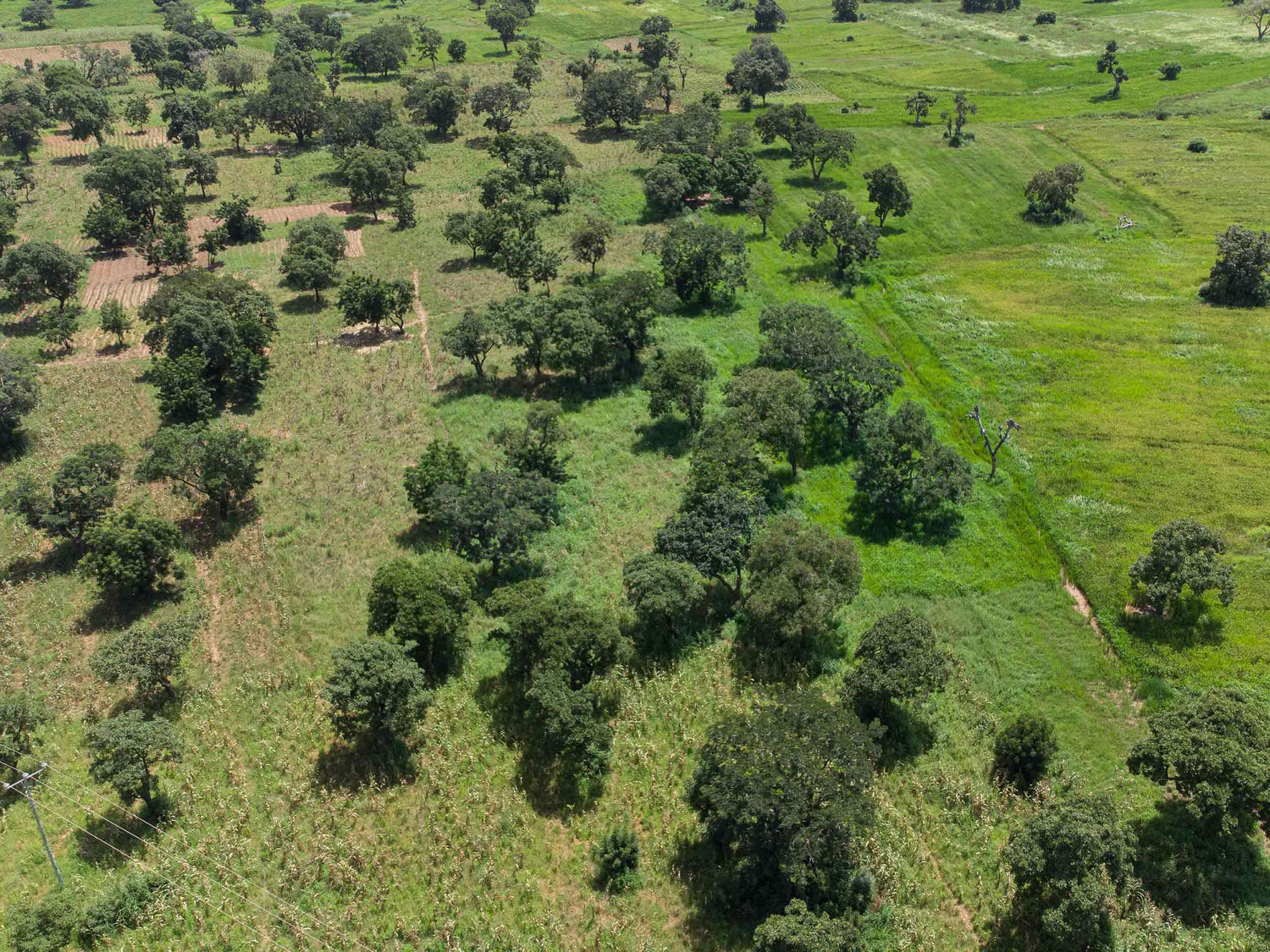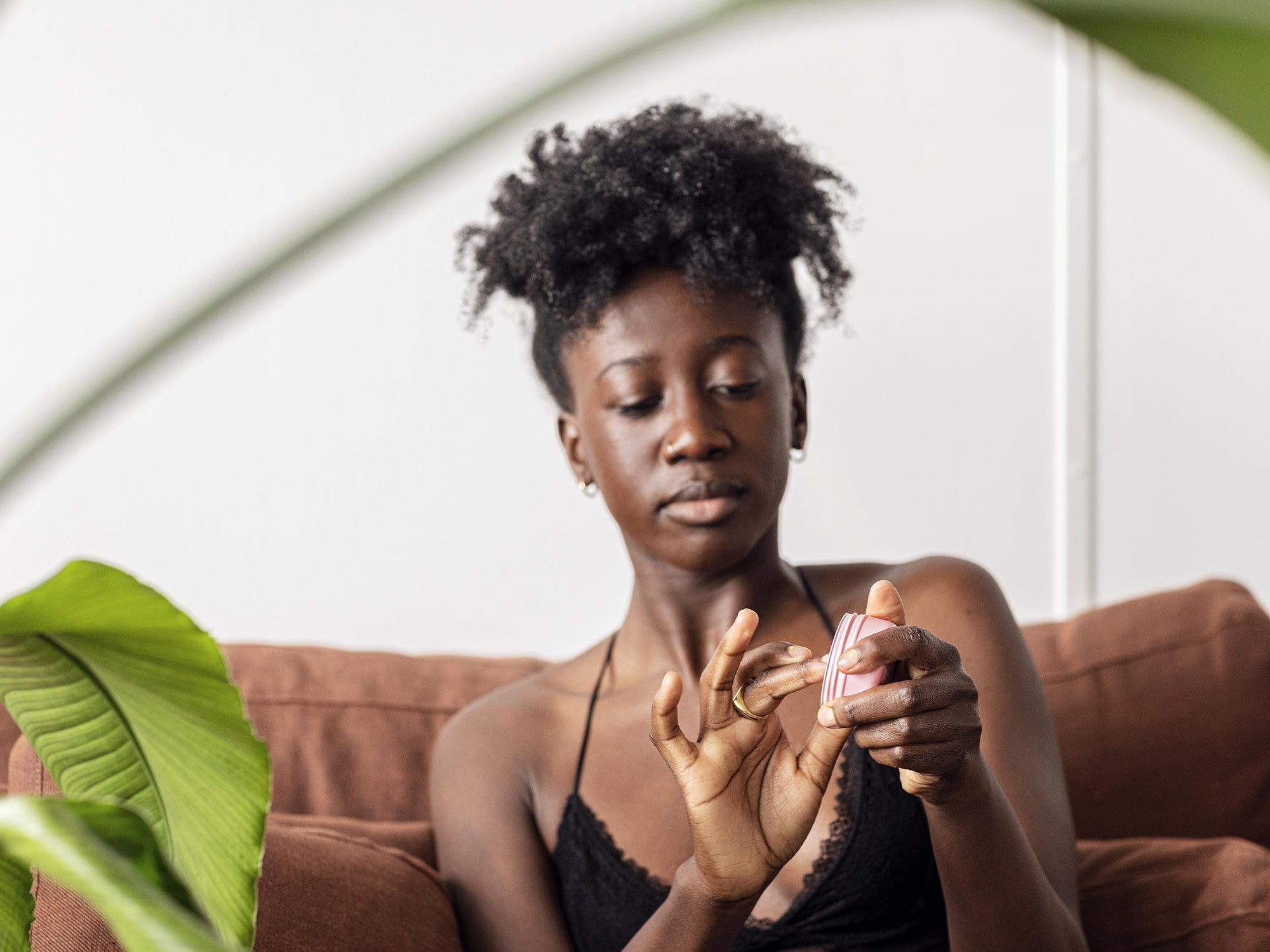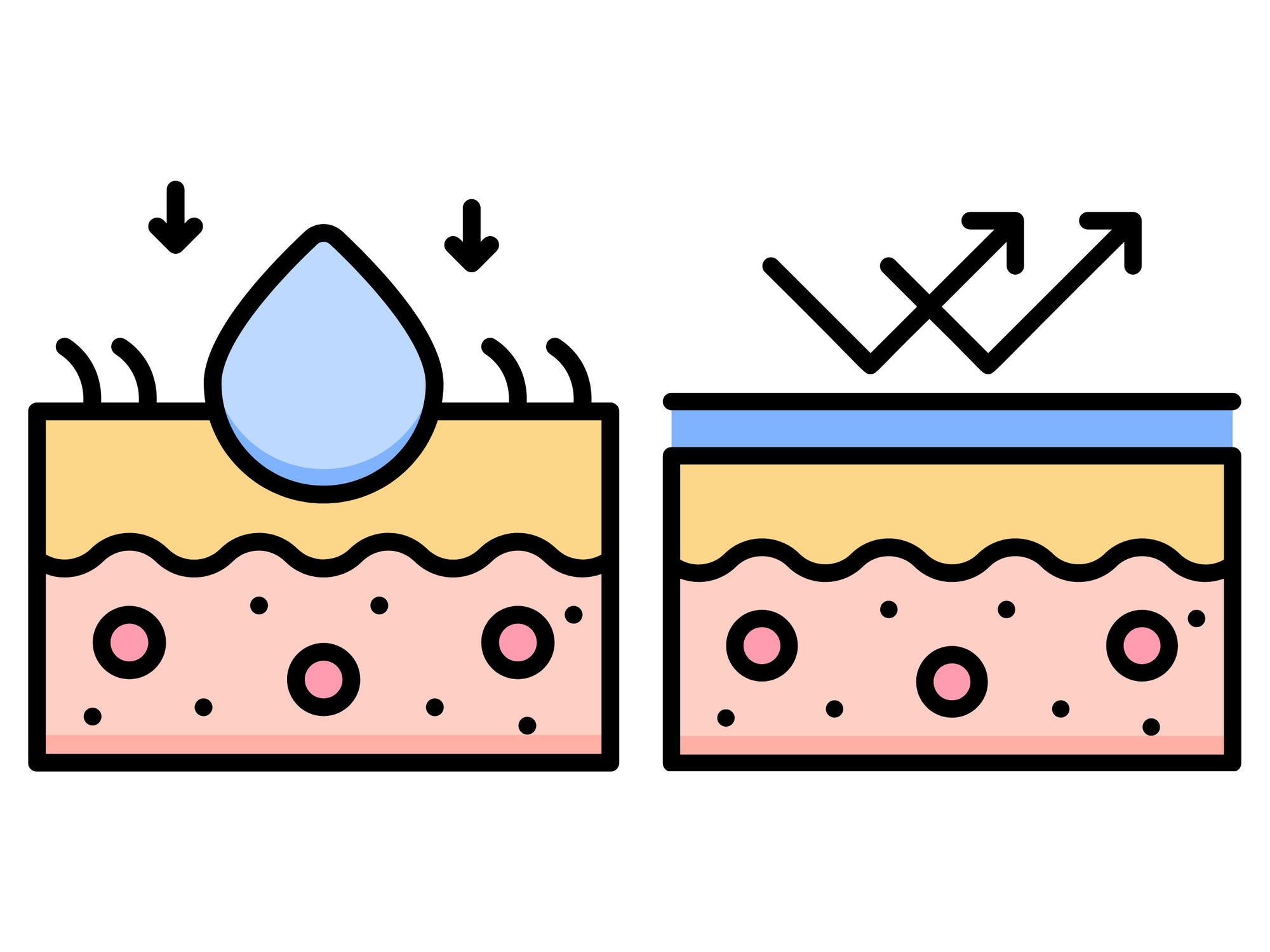Water: It is an increasingly discussed topic in cosmetics and rightly so. What are the advantages of water-free natural cosmetics? And do water-free natural cosmetics also consume water?
What has become a rare and contested commodity in various parts of the world is in daily use in our latitudes: We drink it, shower, wash or cook with it. Less obvious, however, is the hidden consumption of water: in the production of food, clothing or even cosmetics.
Water is too often taken for granted, privatised, polluted and wasted. Its value is underestimated, even though it is a vital resource. This is also shown by the World Water Report 2021 der Vereinten Nationen.
«Often we do not even notice where and how much water
we actually consume every day.»
This makes it all the more important that this topic has increasingly found its way into the beauty industry in recent years. This is happening in various forms and areas. One that we are highlighting here is the comeback of so-called "waterfree cosmetics". Although this is not a novelty (hello marigold ointments from grandma's kitchen), it has gained a lot of attention in recent times. And rightly so! Because water-free natural skincare have many advantages for the skin! But is waterfree cosmetics really better for the environment, i.e. what is their ecological water footprint?

Do waterfree cosmetics also consume water?
Waterfree formulations have the advantage of being are very economical in use , because they are highly concentrated. Thus, their use cycle is significantly longer than that of conventional products that contain water. The fact that longer cycles are good for the environment remains undisputed. But even water-free cosmetics cannot do without an ecological water footprint.
This starts with the cultivation, harvesting and processing of raw materials. It is precisely there that water consumption is most massive in comparison to transport, packaging and the like. Experts estimate that about 70% of the world's freshwater resources are used by agriculture. Of this, probably the largest part is used for food production. Even with raw materials used in cosmetics, it is essential to take a close look and know the origin as well as possible. That way, you can decide for or against using them in a formulation. In my opinion, this is part of the homework and responsibility of every cosmetics company, even if it involves a lot of effort. But it is and remains complex to trace raw materials back to their origin. I have experienced this first-hand with unrefined shea butter and herbs, among others.

My personal conclusion
We should honour water, and do so consciously. I like to use water when it is used as a solvent for hydrophilic ingredients, for example. Because certain components from plants can only be dissolved with water.
I also have a weakness for fragrant plant waters. Otherwise, I prefer to use waterfree products for my skincare. But even then I need water (Zurich tap water) because it is important to, that waterfree cosmetics are applied to damp skin. Because the skin needs a mix of oil and moisture. Conclusion: I don't want to and can't do without water, but I try to be conscious of my use of it as far as possible.
Sandra



